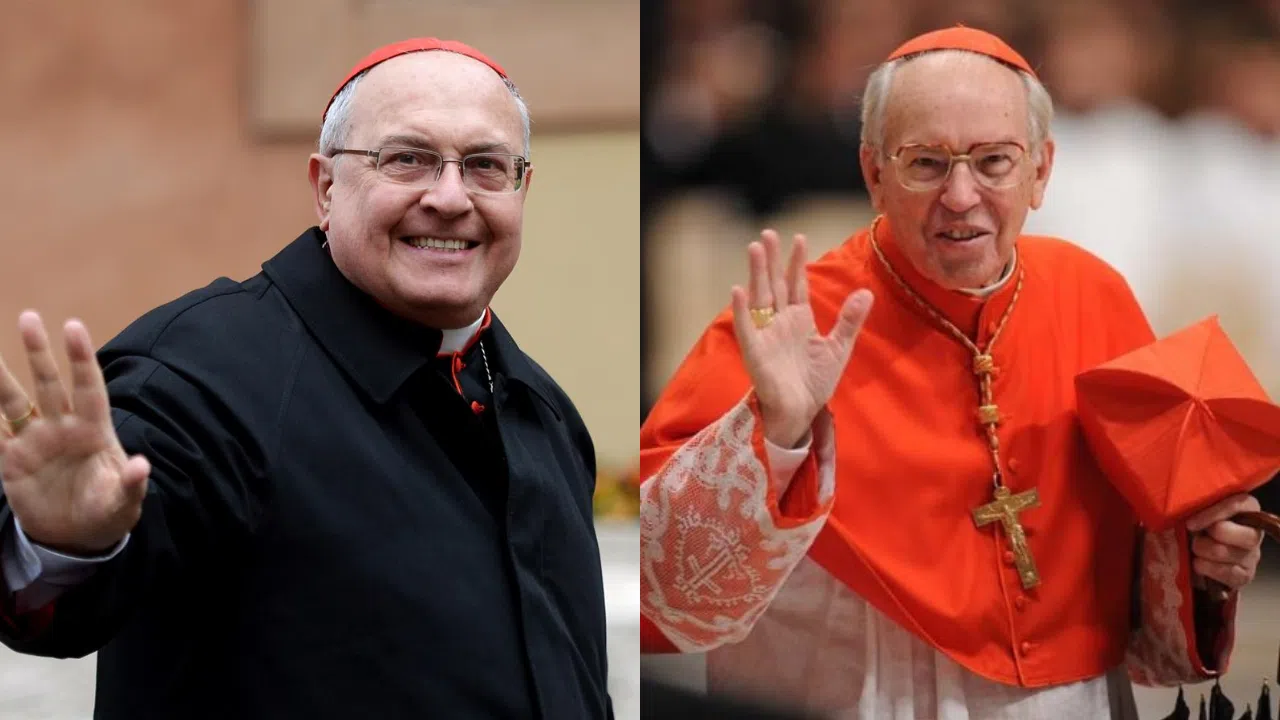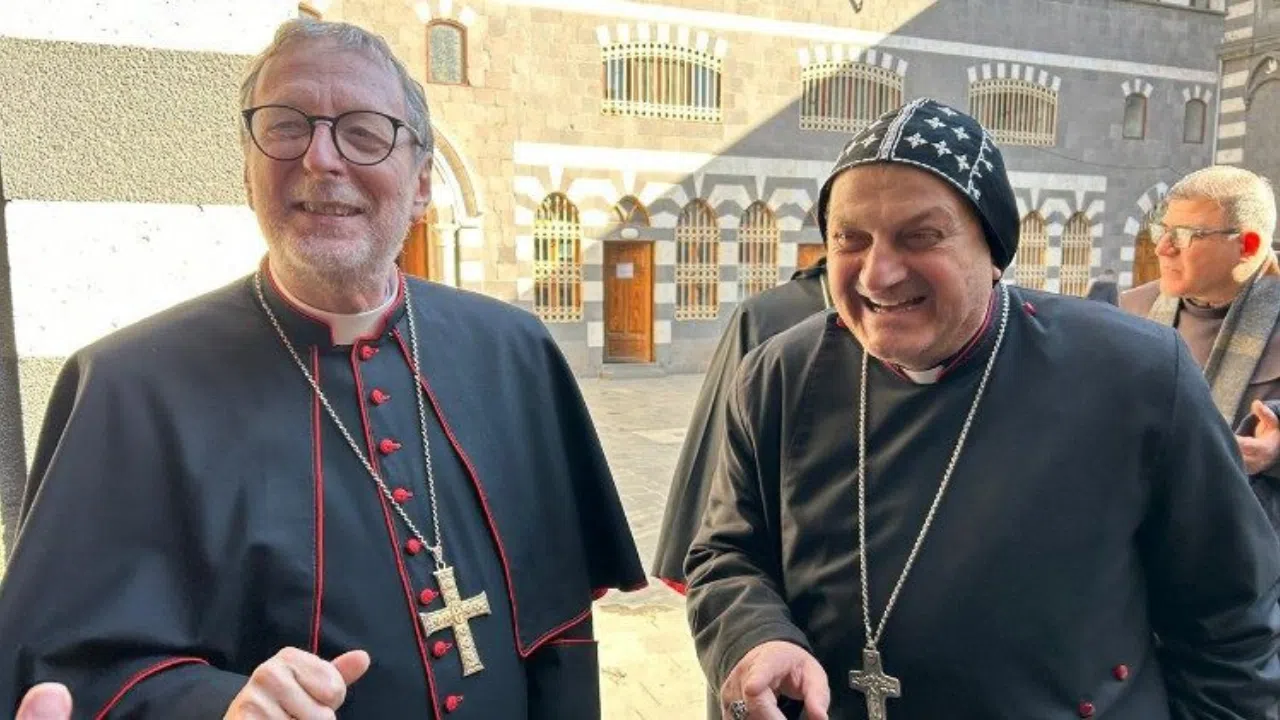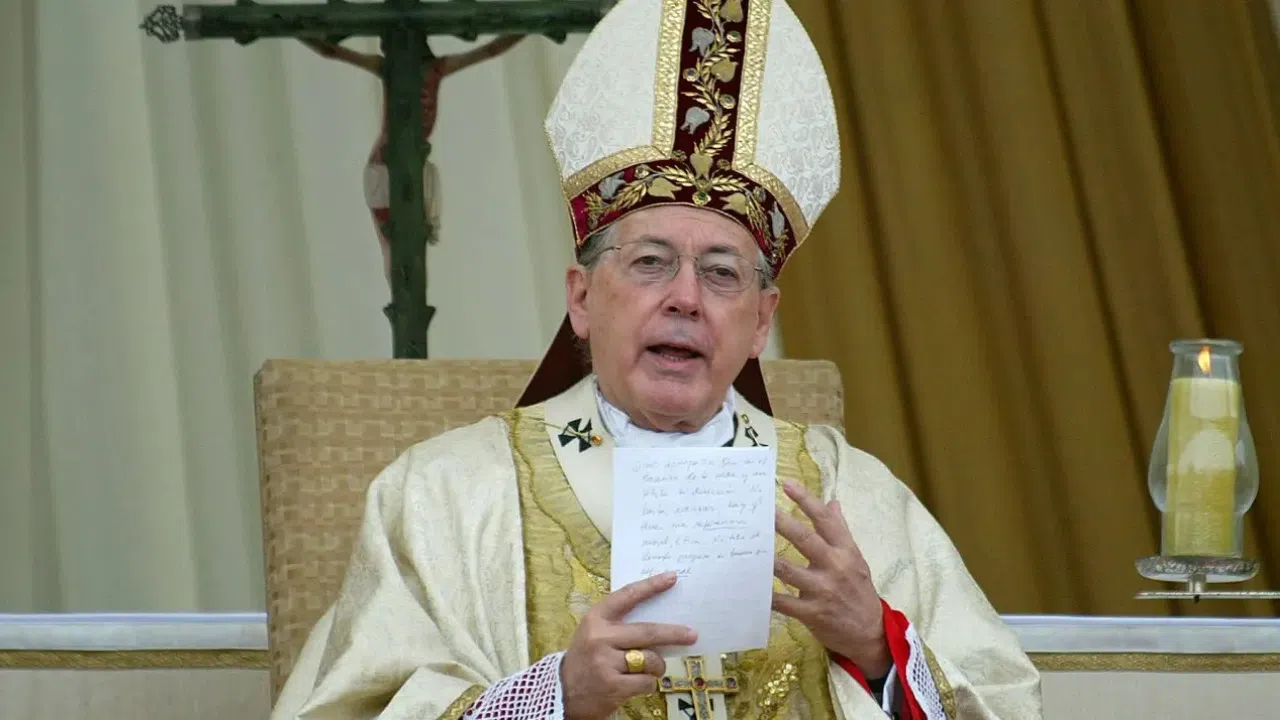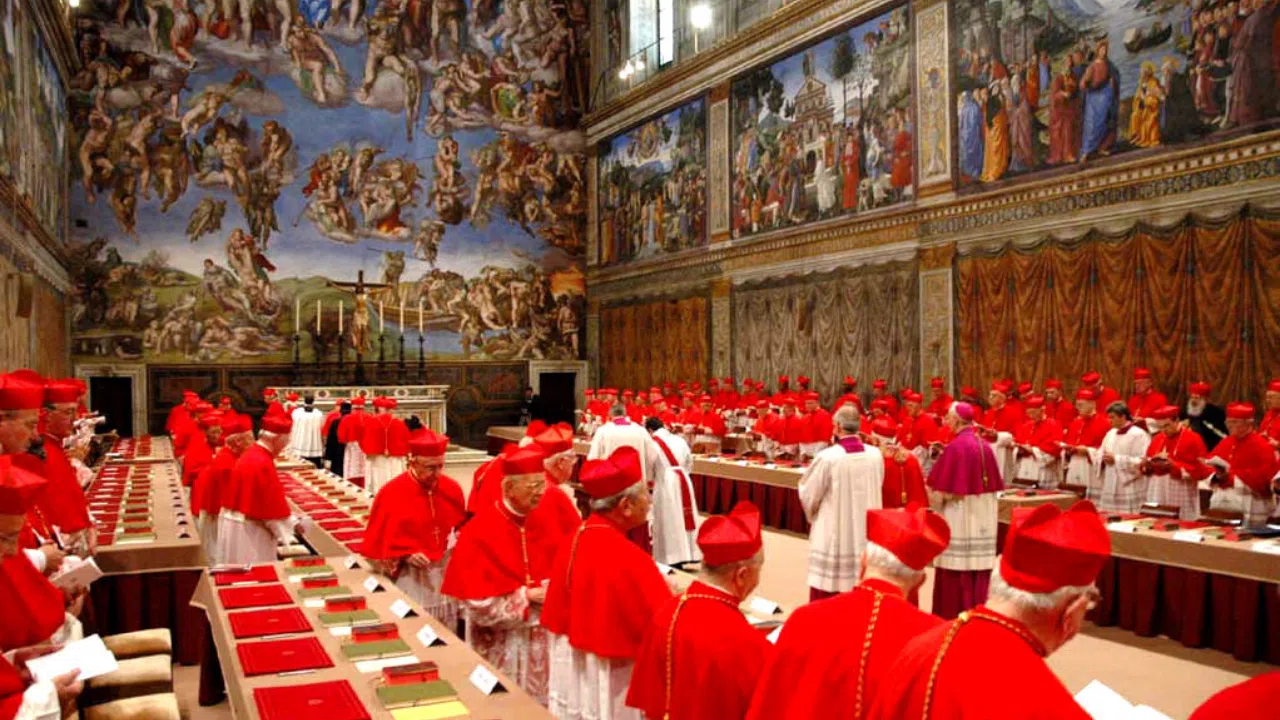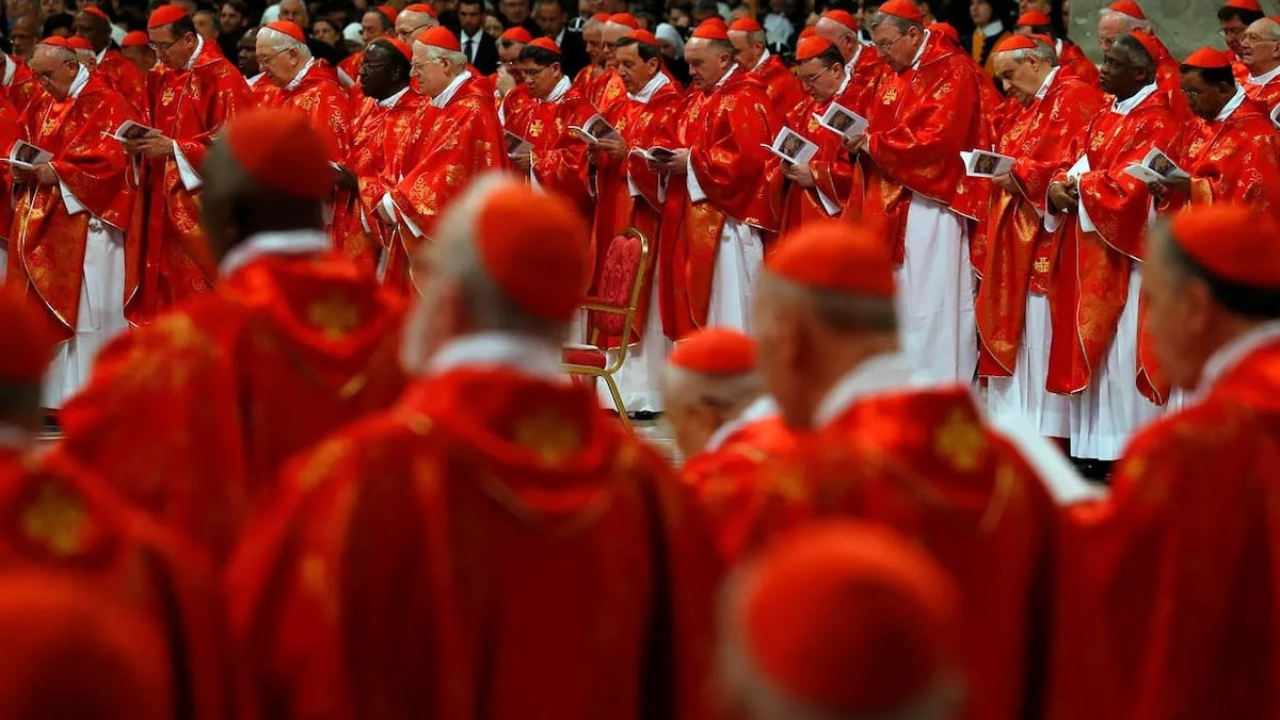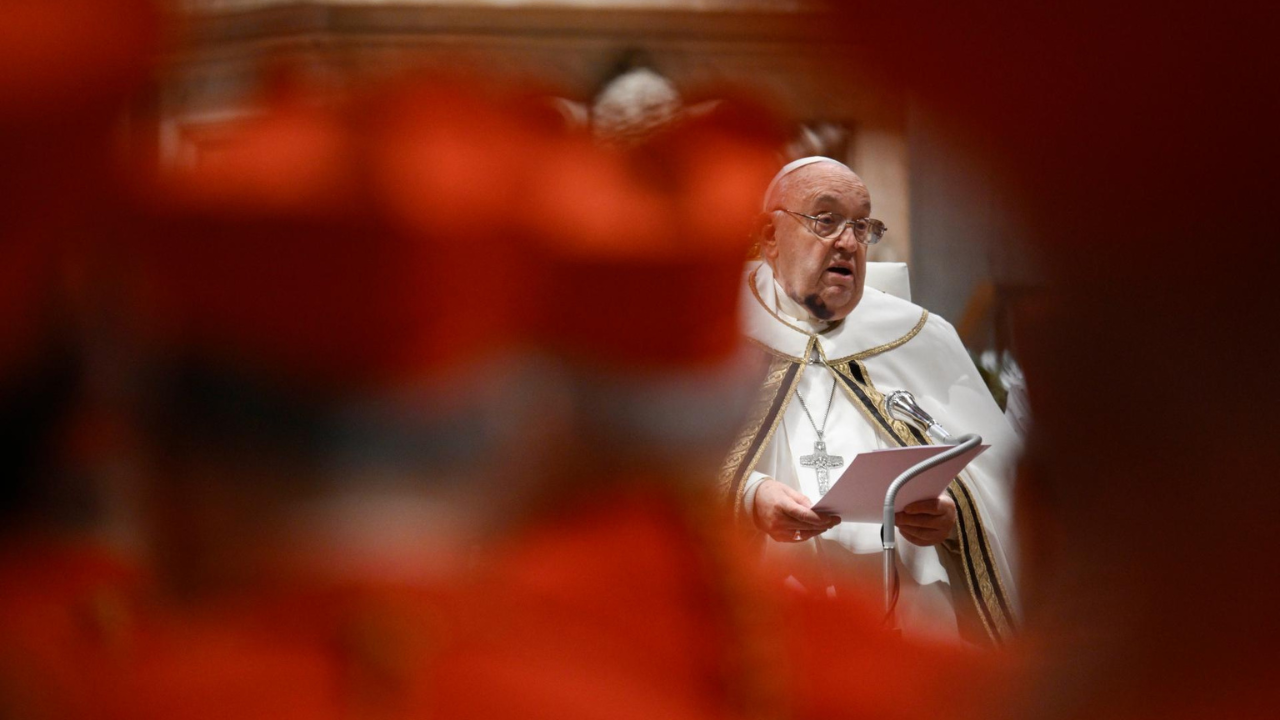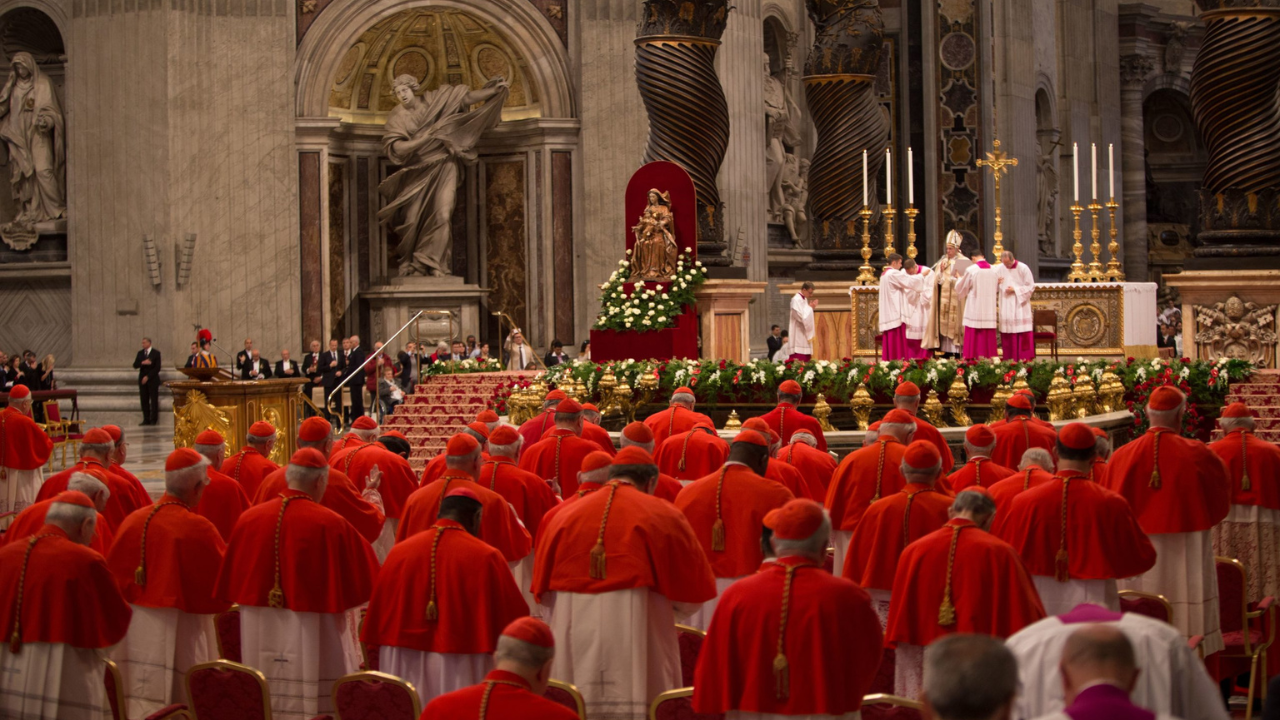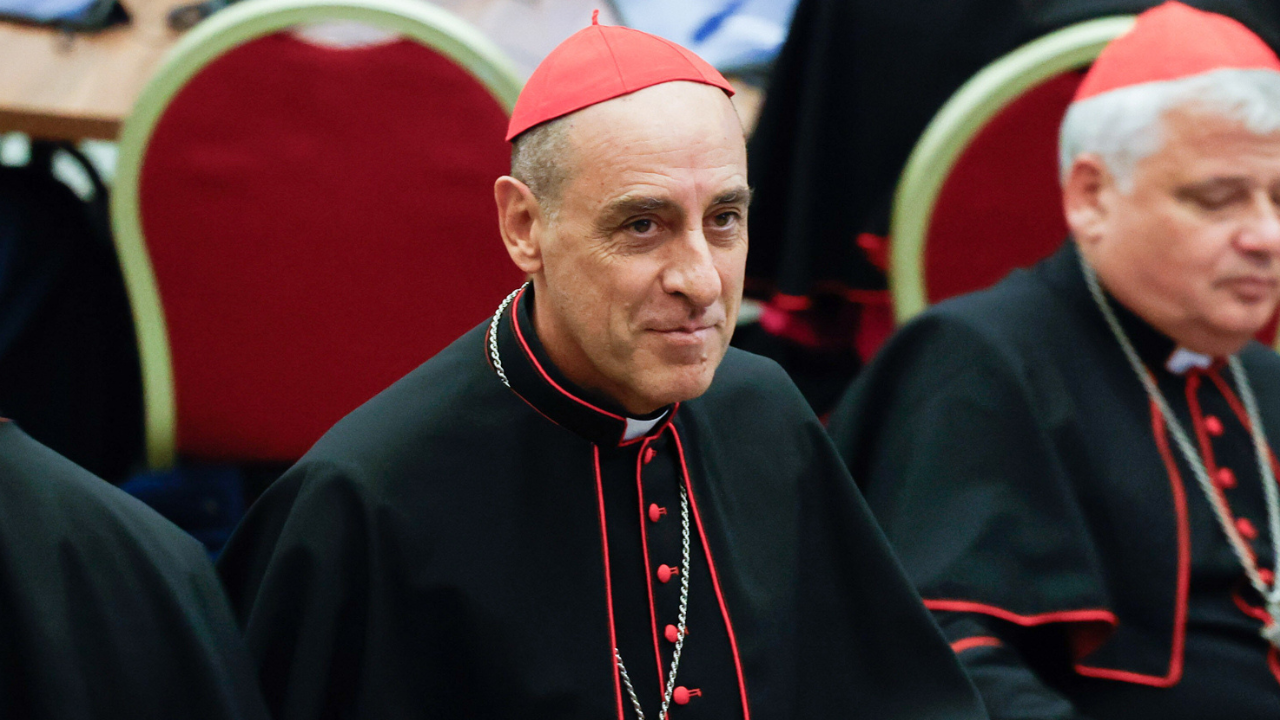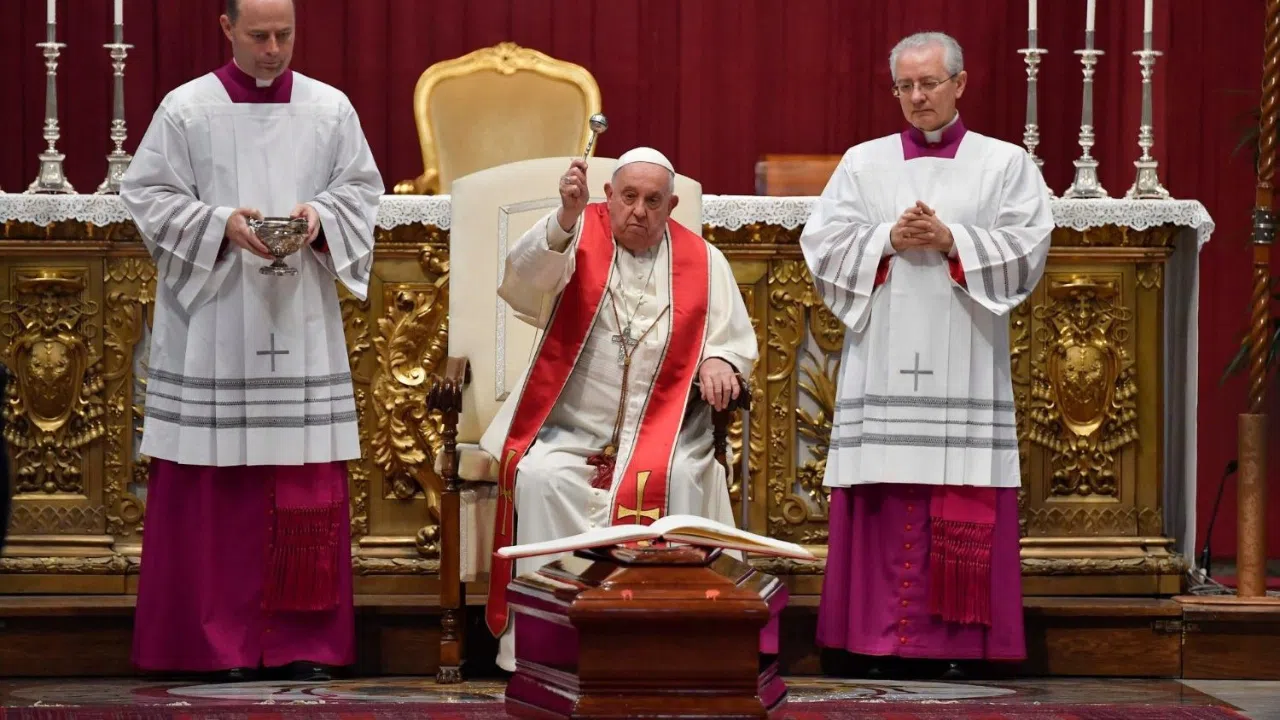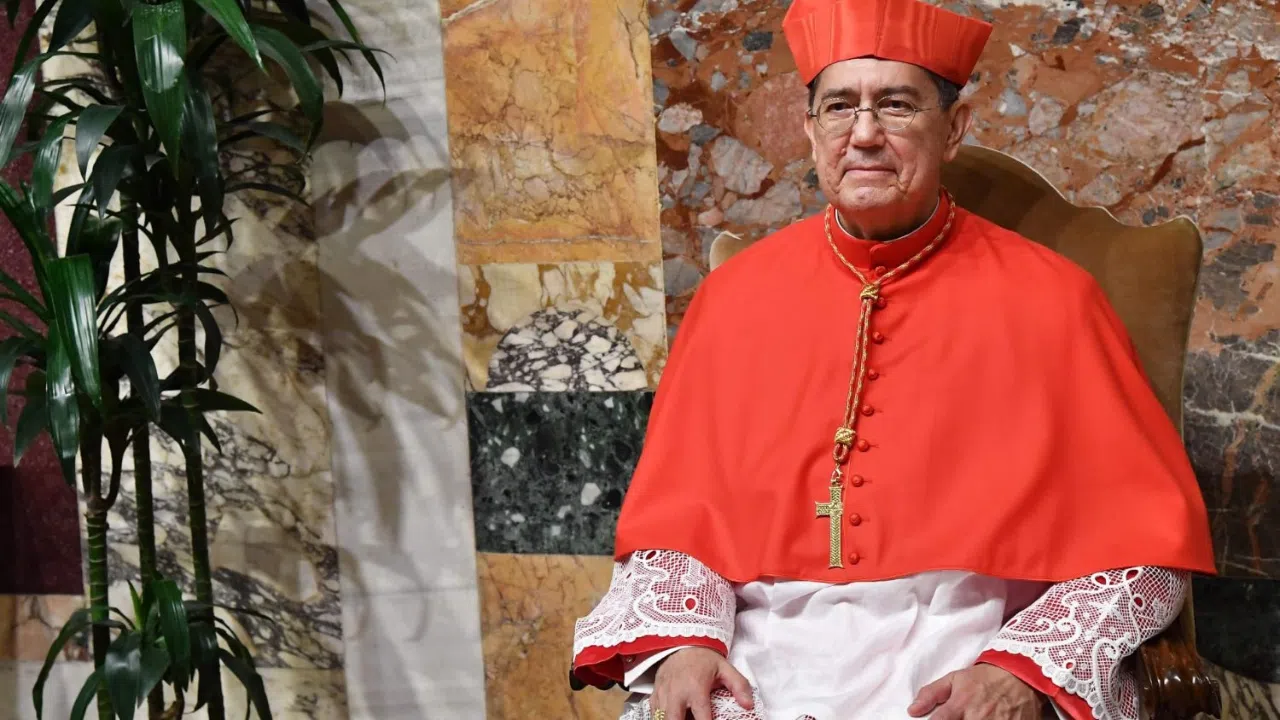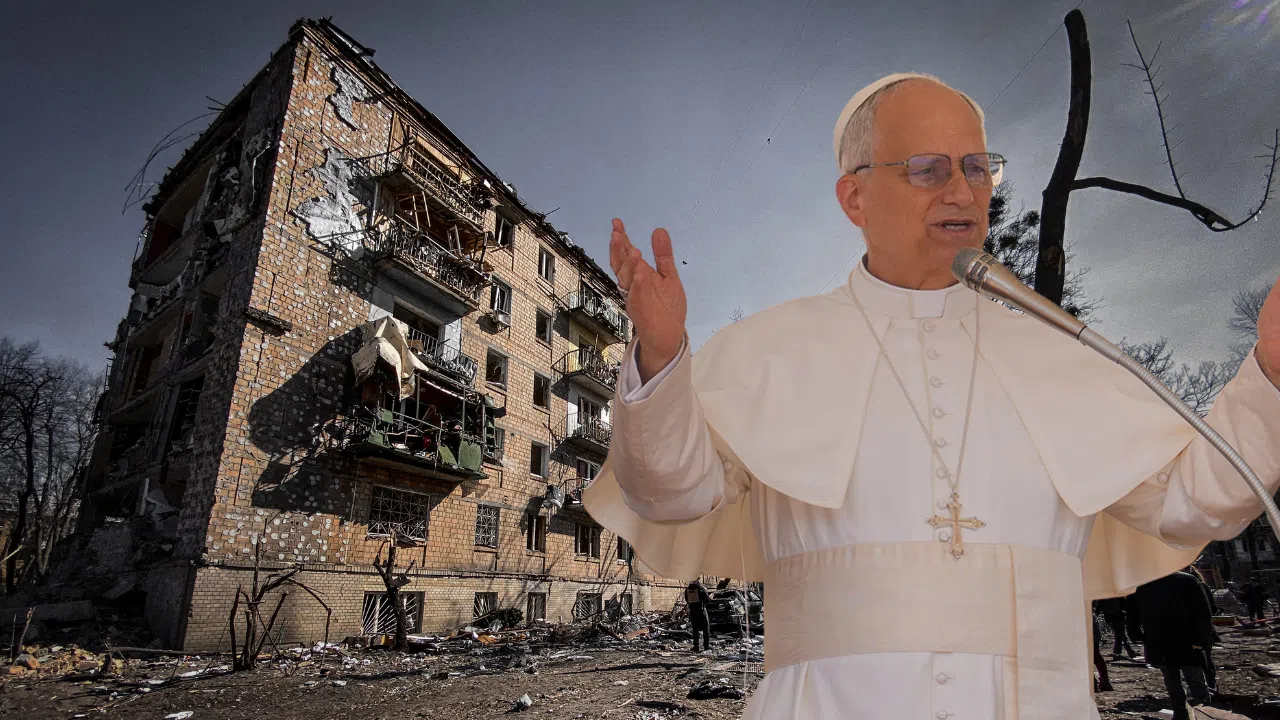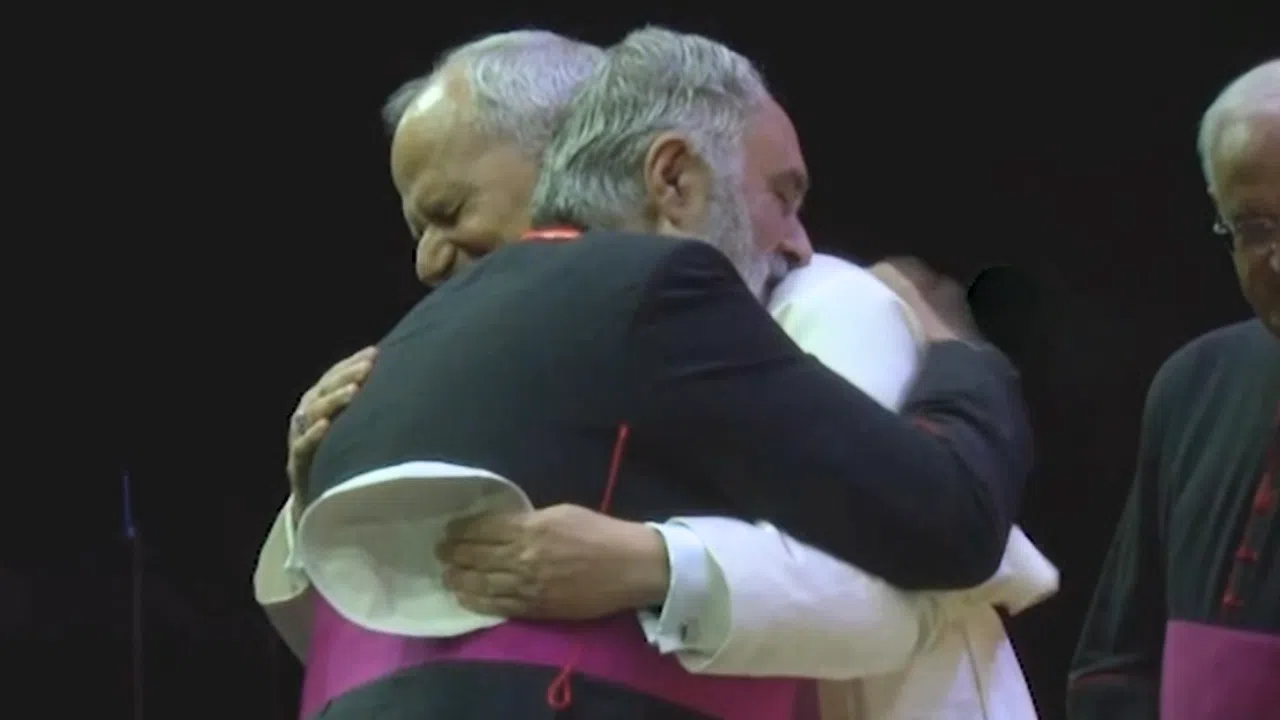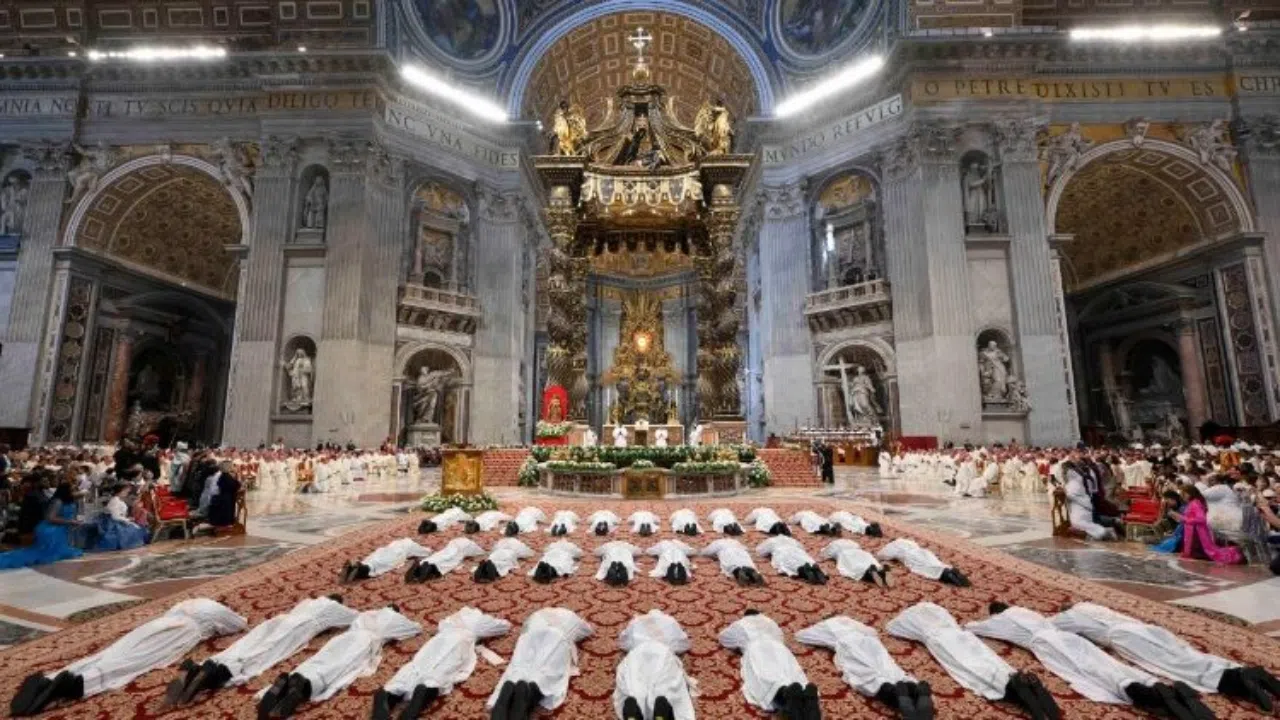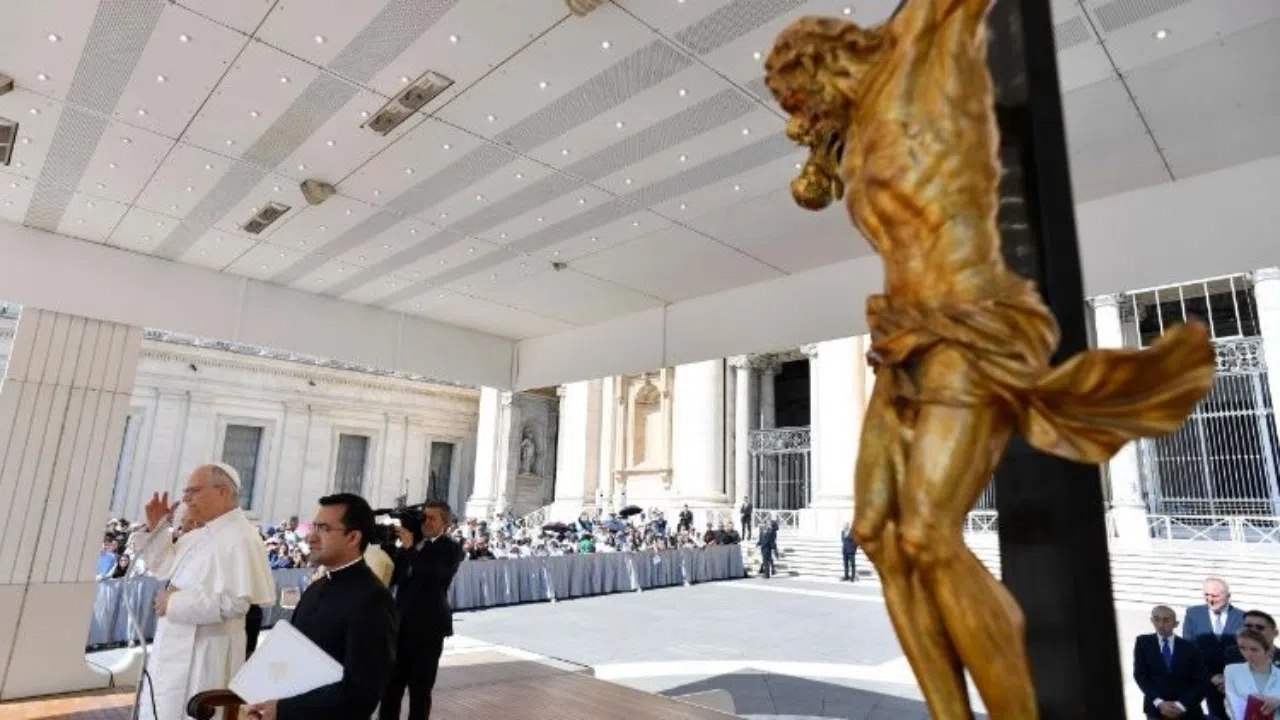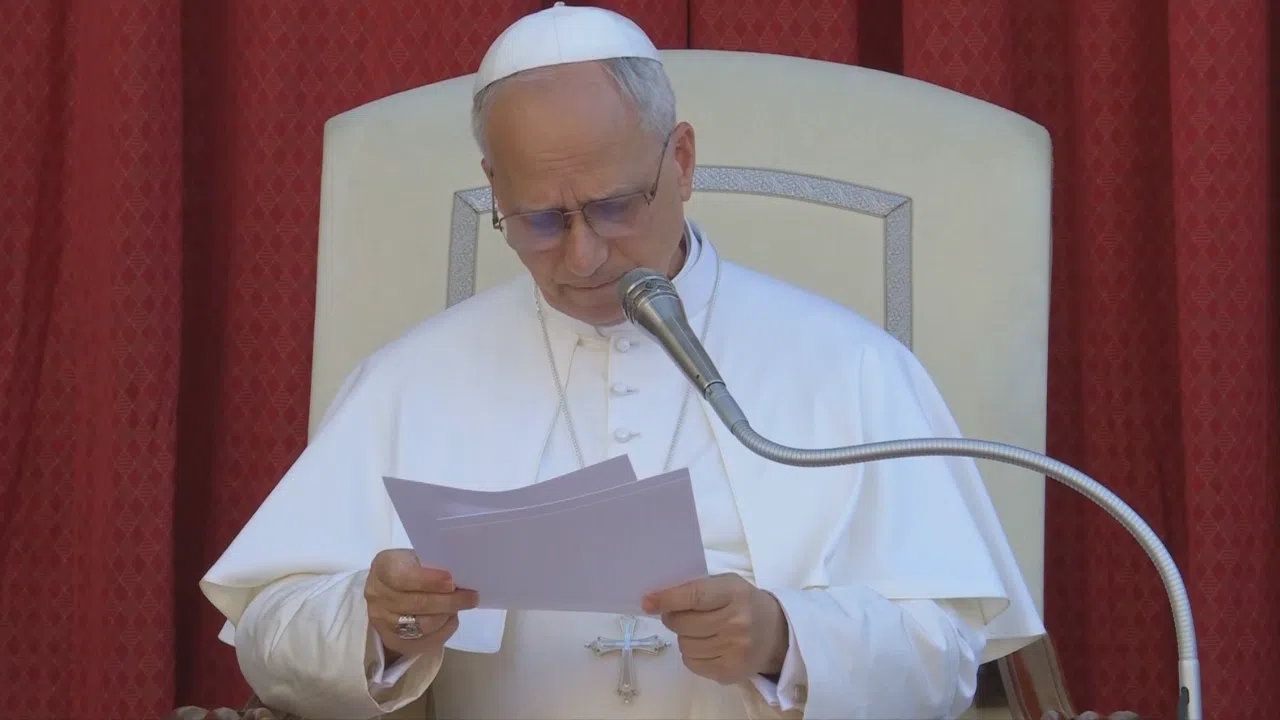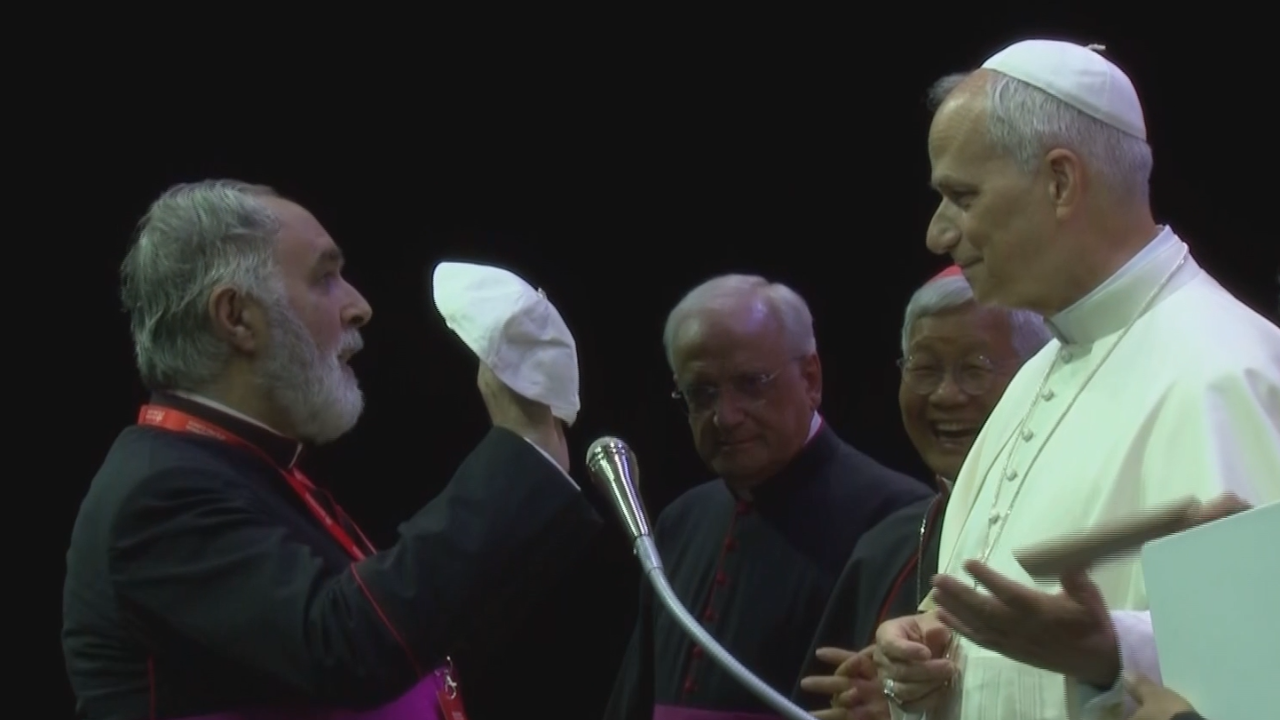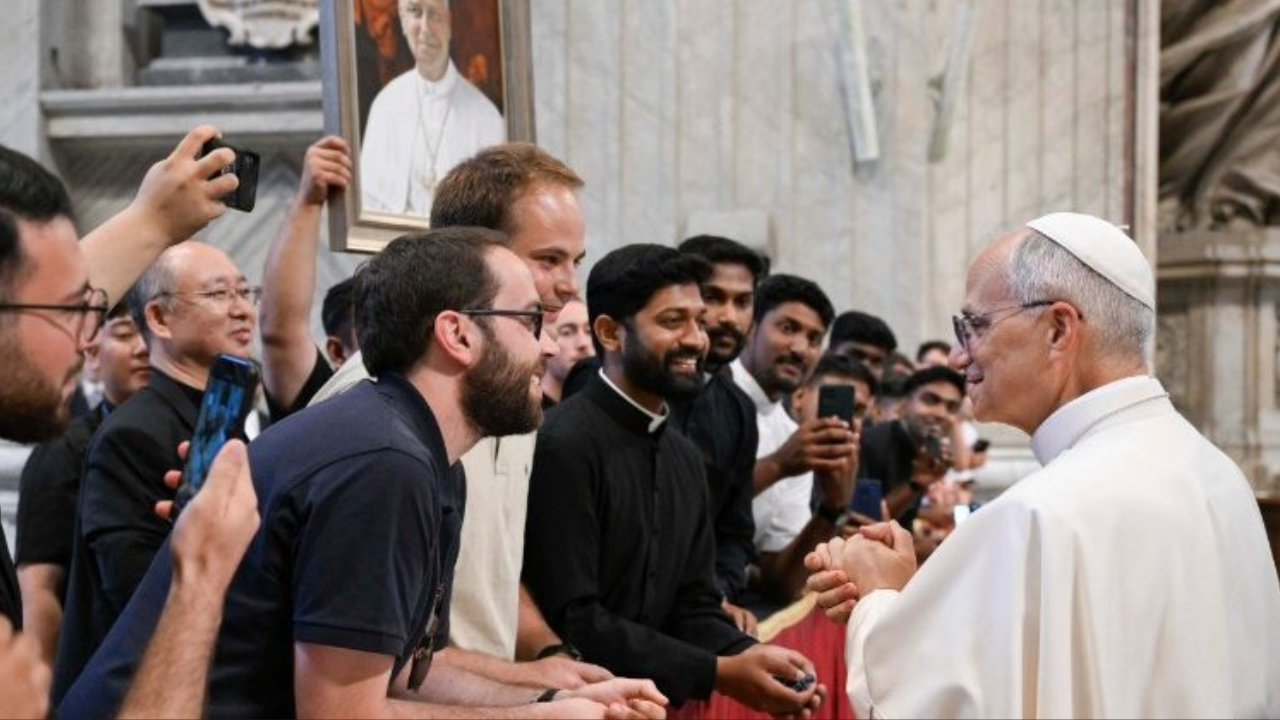In a consistory with unusual choices, one could argue that Jozef de Kesel's election is one of the most mainstream of them all. Brussels has historically been a red hat see.
However, the circumstances in which the Archbishop has been selected for the most exclusive club in the Catholic Church are very particular.
Brussels has suffered a terrorist attack this year, and is considered to be one of the most important breeding grounds for Islamist terrorists, so it is understandable that Pope Francis wanted to send a signal to Belgian Catholics that he is with them in these difficult times.
De Kesel's way of addressing the problem is very much in line with Pope Francis.
CARD. JOZEF DE KESEL
Archbishop of Malines-Bruxelles
'The question is the feeling of exclusion. I can see it in Belgium, I can see it in Brussels. It is a great problem. There is too many people that do not have a job. Immigrants too... No jobs, no education. They feel that they are not part of society. 'Society doesn't care for us.' Once this feeling sinks in, people become easy targets for fundamentalist discourse. It is not religion that becomes radicalized, rather radicalism finds in religion a way of expressing itself.â?
De Kesel is not merely in line with the pope on immigration issues. When Amoris Laetitia was published, some Catholics had concerns about whether the Church was conceding too much in the field of divorce, especially in heavily secularized countries such as Belgium.
CARD. JOZEF DE KESEL
Archbishop of Malines-Bruxelles
'It's not that the pope has changed the doctrine of the Church, but the tone with which he tackles problems has changed. I have much admiration for him because of this. Many people feel that the Church condemns them, that they are no longer members of the Church, and they suffer for this. I think that with Amoris Laetitia, the pope told these people, with all his heart, that no matter what, they are members of the Church, united with the Church. The document was very well received.â?
Secularization is, in fact, one of the most important challenges for the Catholic Church in Belgium, a country with 27% of the population self-declared agnostics or atheists. With the past consistory, Pope Francis proved that he believes that Jozef de Kesel is up to the task.
AG
MG
-F
PR
Up:JD

